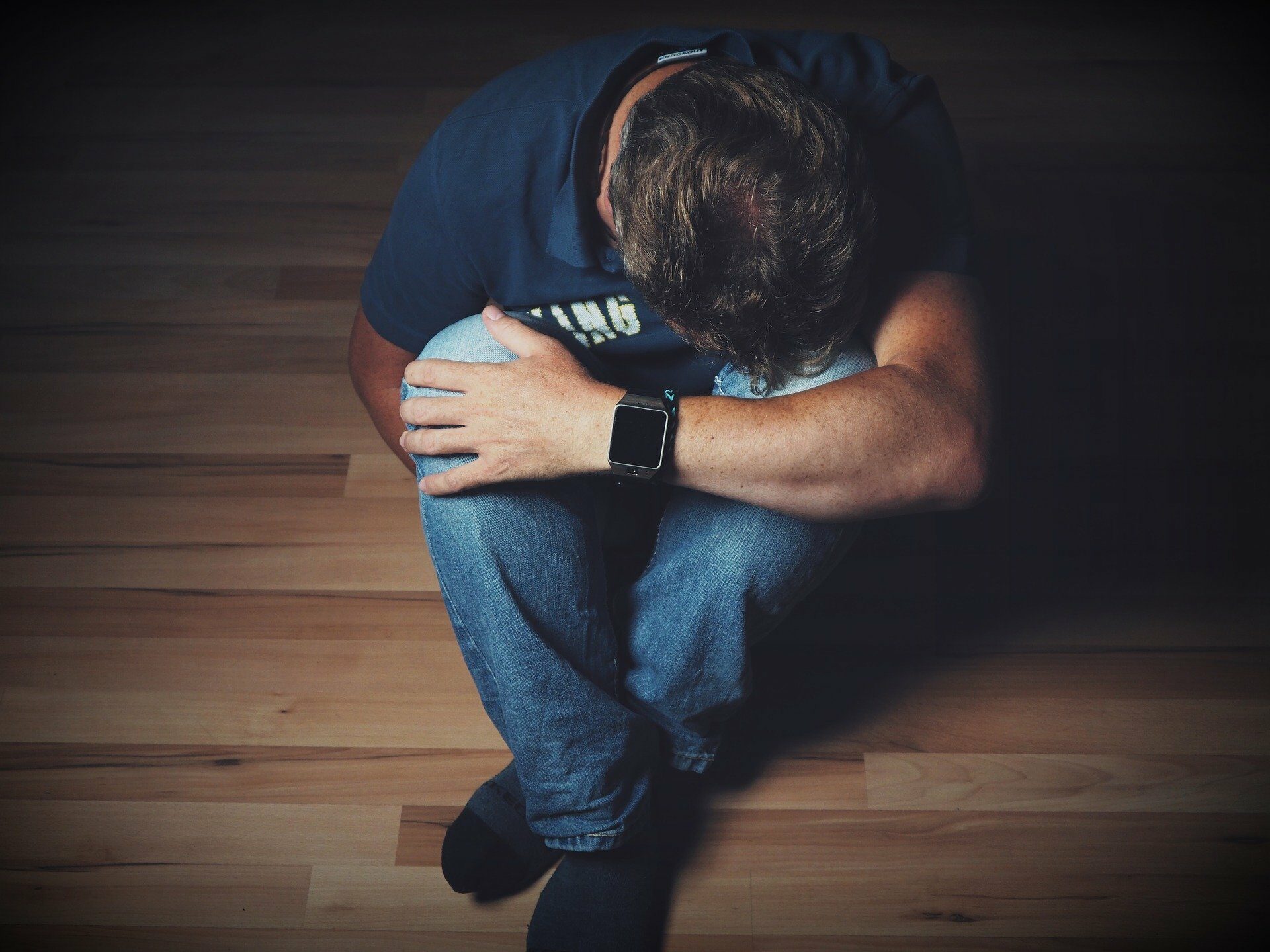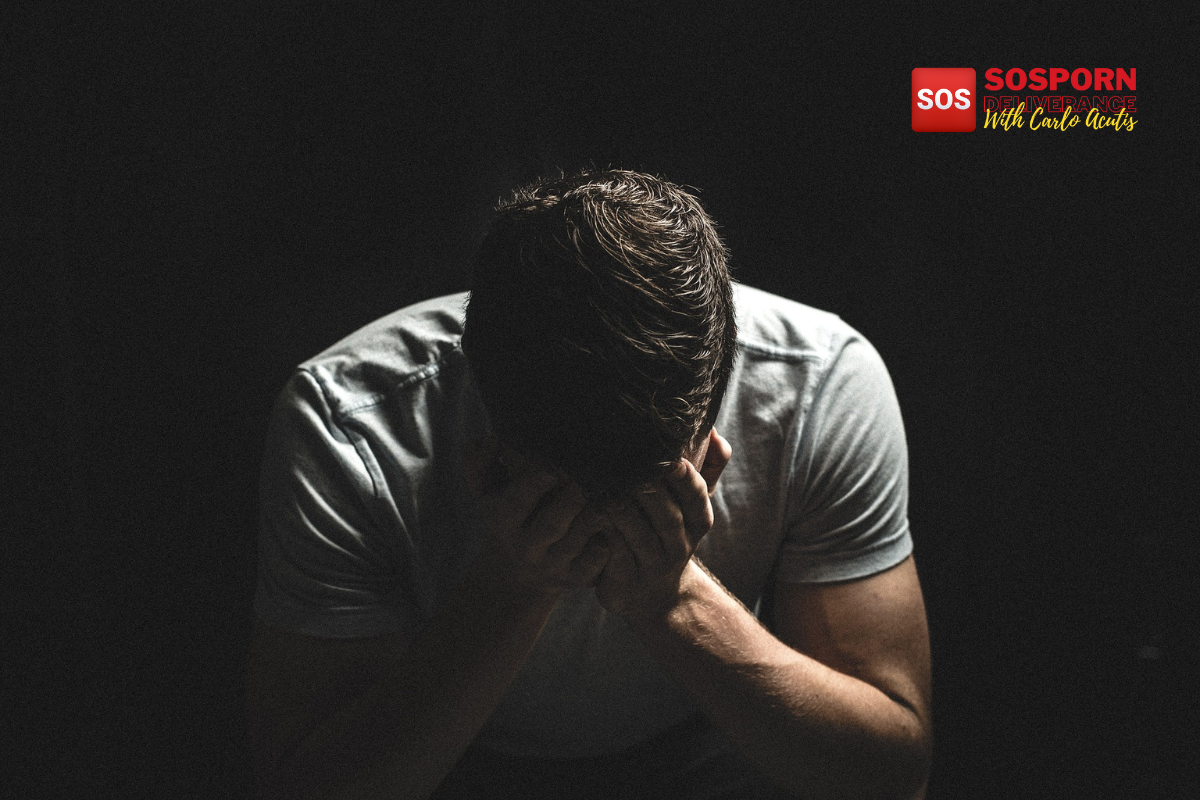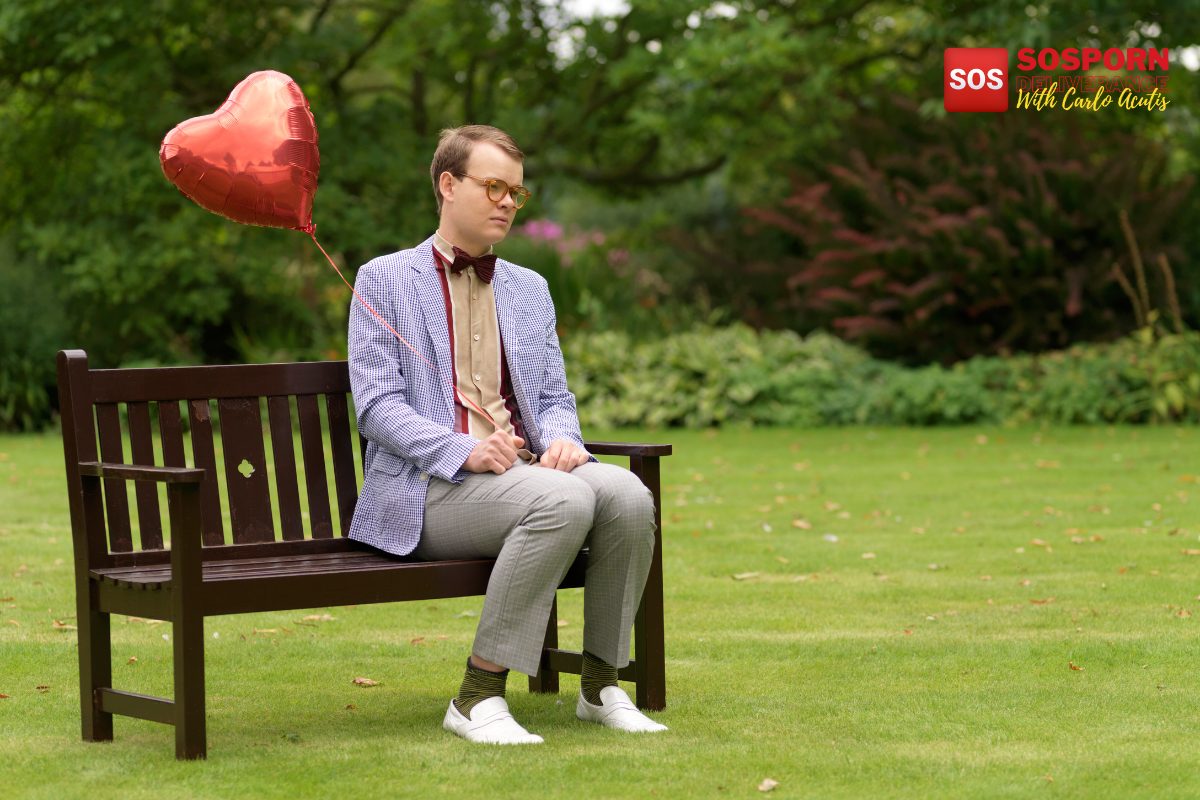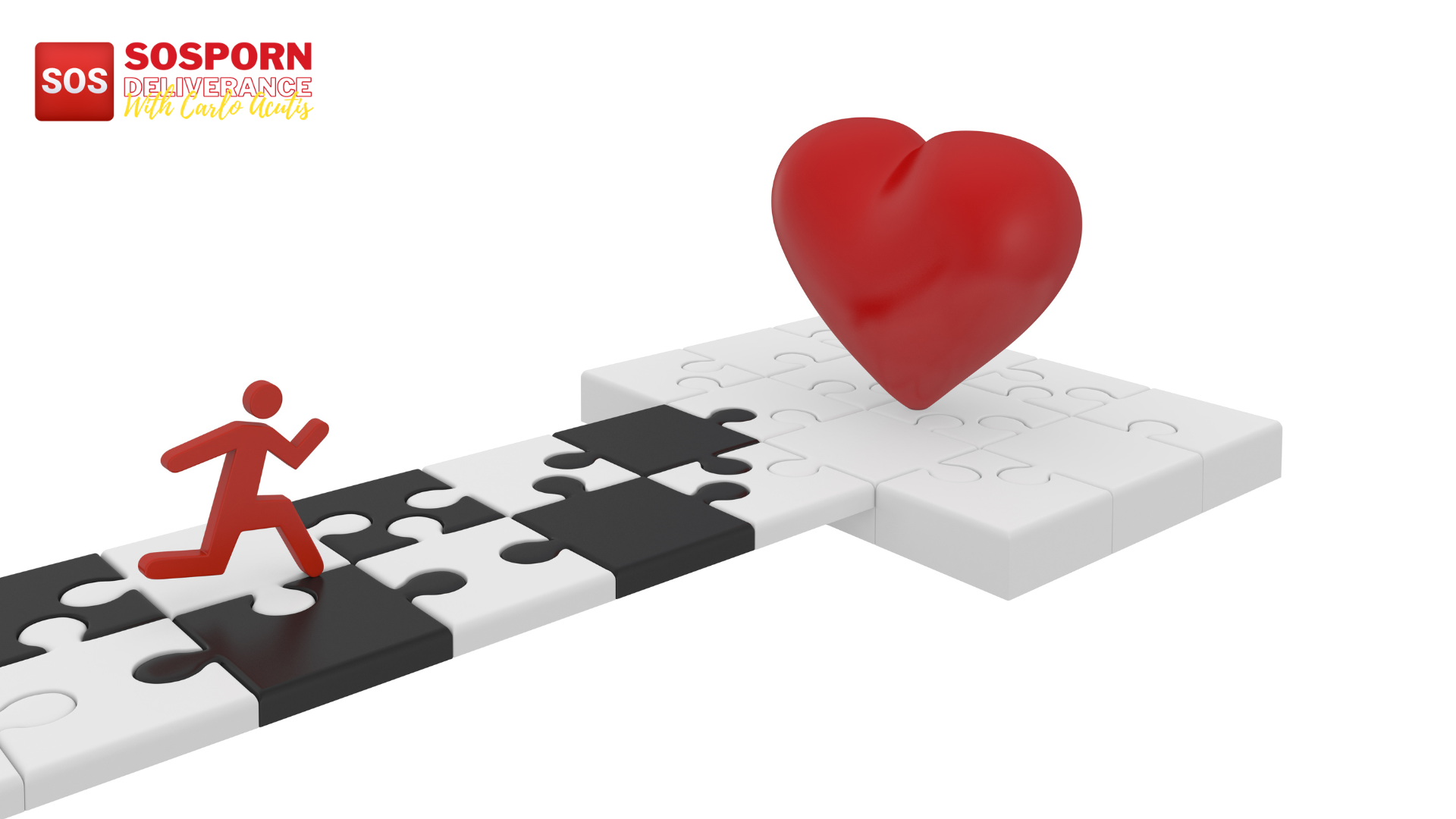What do you do if you discover that your child has already viewed pornographic images?
What do you do if you discover that your child has already viewed pornographic images?
If you find out that your child has already seen pornographic images, you must have the courage to talk to them about it and tell them that porn has nothing to do with love and that it defiles them.
Learn to say NO to porn!
Pornographic images are untruthful and degrading. They seriously damage how we see people and how we view love because they reduce a person to just a body and the sexual act to a technique.
You must explain to your child that these images will mark them, that it will be difficult to break free from them and that the attraction of pornography is as strong as a drug addiction.
When you start looking at these types of images, it’s very hard not to keep going back to them, even though you know it harms you and stops you from growing as a person. It will take a lot of willpower and often a lot of help to never fall back into it.
You also need to know how to say to your child:
“You can break free of this, but you have to want it. Do you want it?”
Also see:
Prevention is better than cure: parents should warn their children about the dangers of pornography as soon as they are allowed to be alone in front of a screen. Then, don’t forget to protect all of your children’s computers and cell phones with effective parental controls.
A teenager may be able to bypass parental control, but they will not “accidentally” come across a pornographic website. It may be possible to appeal to their sense of personal responsibility. Parental filters prevent children from being unintentionally exposed to inappropriate images, for example, when a teacher asks them to look something up.
We should take this opportunity to ask whether it is a good idea to buy smartphones for our children. Are they really necessary for their development? Don’t they pose a real danger to our children today?
And how about you? What do you think? Talk to us now via the live chat (There is no charge and you remain anonymous): Going further:
Going further:
- What’s wrong with looking at pornography?
- What are the consequences of porn on your health ?
- François’s recovery from a 25-year porn addiction.
Source: adapted from the book by Inès de Franclieu, Amour et sexualité, comment en parler aux enfants et aux adolescents, (Love and sexuality, how to talk to children and teenagers) Editions Quasar 2016.










